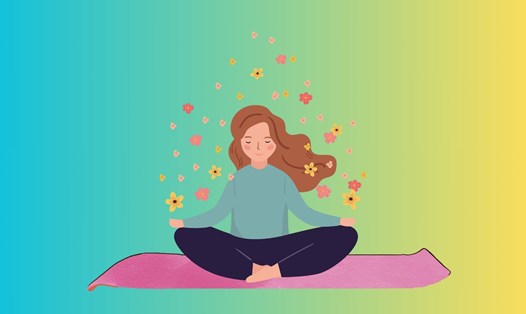During prolonged insomnia can increase inflammation in the body, making gout worse, says Dr. David T. Felson, an expert in musculoskeletal diseases at Boston University. Therefore, adjusting your living habits, especially before bed, can help patients reduce pain, improve health and have better quality sleep.
One of the most important factors for gout patients is diet, especially in the evening. Eating too many purine-rich foods such as red meat, seafood, animal organs, alcohol or carbonated soft drinks can increase uric acid levels, making gout attacks worse at night. On the contrary, adding green vegetables and low-sugar fruits such as cherries, oranges, and watermelon not only helps increase uric acid excretion, but also improves the digestive system, making sleep deeper and more delicious.
In addition to diet, adequate water supply also plays an important role in the process of excreting uric acid. A glass of warm water before bed helps stimulate circulation and helps the body eliminate toxins. In addition, herbal teas such as ginger tea or chamomile tea not only help relax the nerves but also have anti-inflammatory properties, relieving pain symptoms caused by gout. However, patients should absolutely avoid alcohol and coffee in the evening, because these drinks can increase uric acid production, cause sleep disorders and make pain worse.
In addition to eating, maintaining a reasonable exercise regimen before bed also helps gout patients reduce pain and sleep better. Gentle stretching exercises help improve blood circulation, reduce joint stiffness and limit pain at night. Some activities such as yoga, meditation or walking slowly for 10-15 minutes also help the body relax, reduce stress, thereby improving sleep quality. In addition, gentle massage of affected joints also helps relieve pain and improve sleep.
Another factor that gout patients need to pay attention to is sleeping position. Choosing the right sleeping position can help reduce pressure on affected joints, reducing the risk of pain recurring at night. Patients should lie on their backs and place their knees softly under their feet to reduce pressure on the knee and ankle joints. If you have pain in your leg joints, you can add a soft pillow under your feet to avoid squeezing. Lying on your stomach is not recommended because it can increase pressure on the joints, making pain worse.
Establishing a scientific evening routine can help gout patients control their condition well and sleep better. Lifestyle changes can significantly reduce gout symptoms without overusing drugs, says Rheumatology doctor Richard Johnson. Therefore, patients need to persistently apply these healthy habits to protect their health sustainably.









